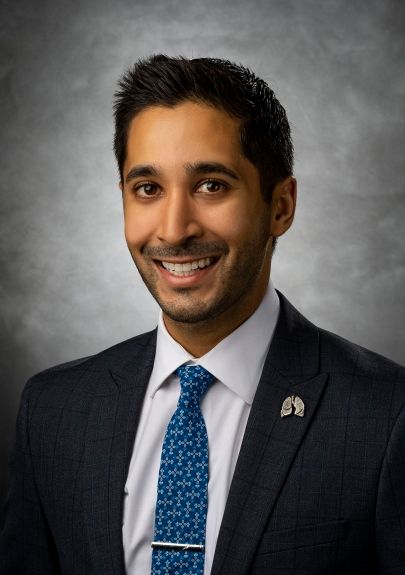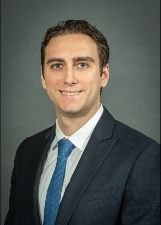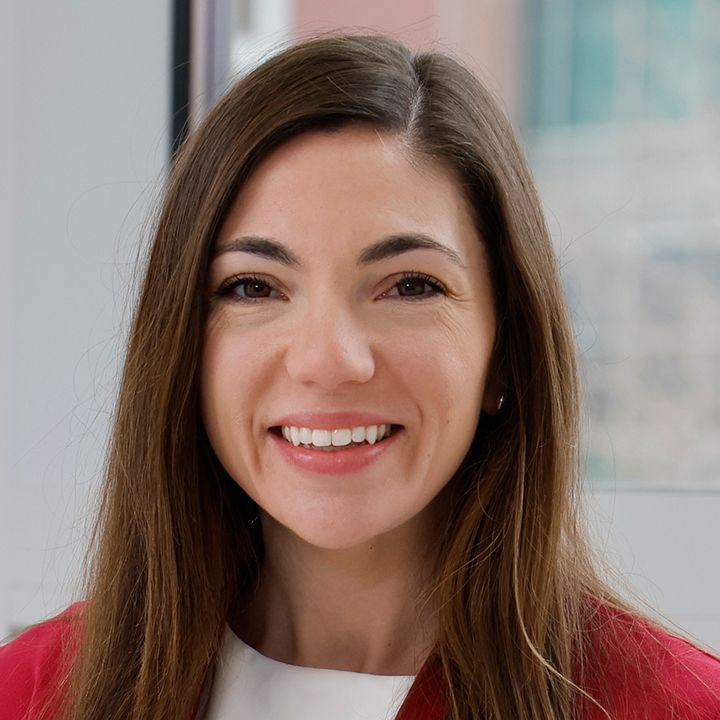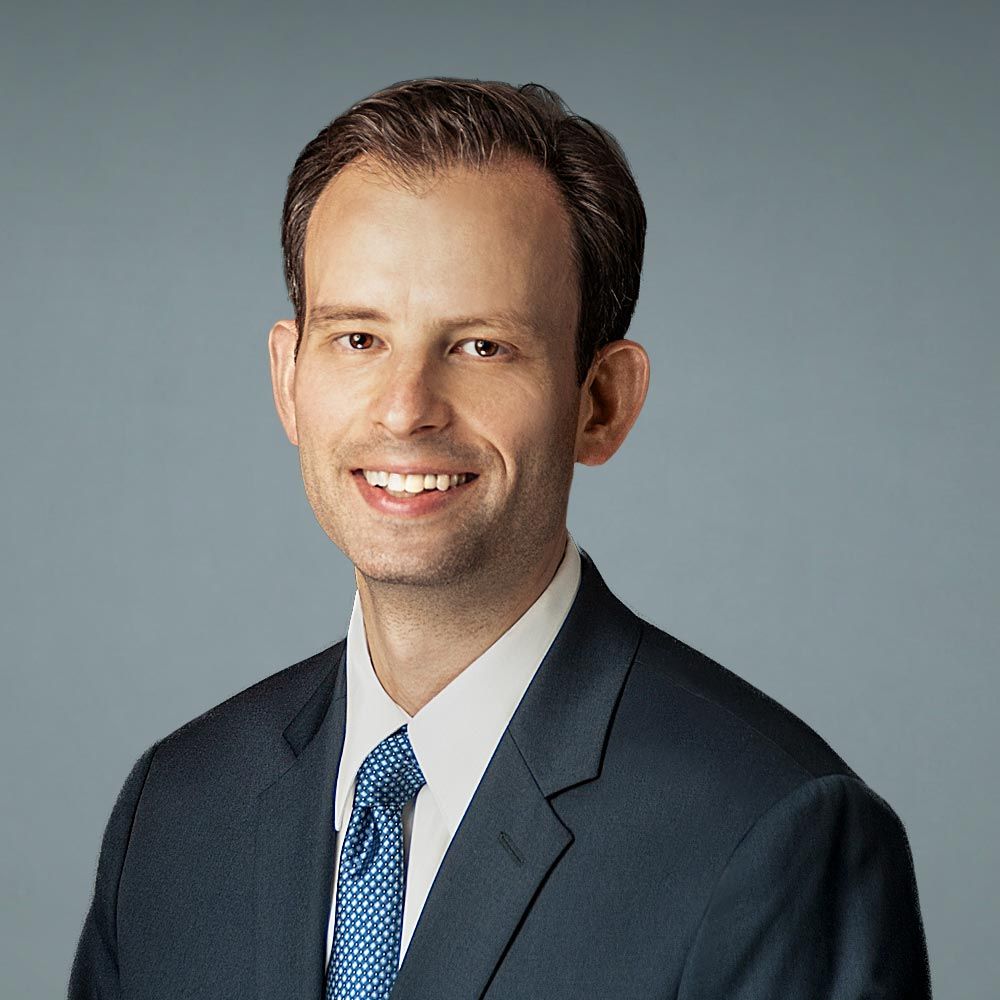Navigating Oncology Board Exams and Career Advancement
Experts in the oncology field focused on ways to balance the transition from resident/fellow to attending.
The journey from resident or fellow to a board-certified attending oncologist is a multifaceted and often daunting endeavor. It encompasses not only preparation for the internal medicine and oncology/hematology-specific boards but also a significant professional and personal transition. While there are valuable resources to help prepare for the board exam, the mental and emotional aspects of this career evolution often receive less attention.
CancerNetwork® spoke with leading oncologists from different disciplines regarding these crucial areas, offering diverse perspectives from established clinicians, new attendings, and those on the cusp of their board exams.
Emerging from these discussions was the prevalence of burnout among oncology professionals, including a perceived scarcity of formal training for the nuances of becoming an attending physician solely responsible for patients. The juggle between clinical duties and dedicated study time can sometimes present a challenge. However, the doctors also highlight positive aspects, including a strong sense of community, invaluable mentorships, and the overarching realization that despite the difficulties, they have chosen this career path because of their passion and willingness to help others.
Eric K. Singhi, MD
Eric K. Singhi, MD

Singhi is an assistant professor in the Department of General Oncology, Division of Cancer Medicine, and an assistant professor in the Department of Thoracic/Head and Neck Medical Oncology at The University of Texas MD Anderson Cancer Center, spoke about challenges while taking the exam:
“Balancing clinical duties with dedicated studying was not easy. That is the truth. I also found it just mentally taxing to study topics outside my clinical focus, which is lung cancer, but I know I needed to do it. The medical oncology boards test all subspecialties within medical oncology, and so sometimes it’s hard to focus on some of these topics that you aren’t seeing in the clinic. The boards require this breadth of knowledge, and the key was finding these high-yield resources and trying to do as many practice questions as possible.”
Nicholas James Hornstein, MD, PhD
Nicholas James Hornstein, MD, PhD

Hornstein is an assistant professor at Northwell Health Cancer Institute, spoke about specific study resources he found most useful:
“There are a few question banks, like the HemOnc and ASCO question banks. Those are very useful. Everyone goes back and forth, ‘Oh, is this one easier? Is this one harder?’ It’s just about the repetition. It’s just about knowing where your weak points are so you can go back and brush up on them. Memorize the NCCN guidelines. I know that sounds crazy, because there are like 50 of them at this point. They’re each like 50 pages, but you should be able to [draw] from memory each of the flowcharts. Anything that’s Category 1 from the NCCN is testable. I use the MD Anderson board review course, which does a good job in a short amount of time of downloading all that information. The 1 caveat I’ll give is that everything that they say is testable, so it’s a ton of information. It’s hard to cram it. If a first-year fellow is [reading] this, try to pay attention and learn it as it’s coming, because it’ll go badly if you decide to just cram it all in a weekend.”
Nerea M. Lopetegui-Lia, MD
Nerea M. Lopetegui-Lia, MD

Lopetegui-Lia is an assistant professor of medicine in the College of Medicine at The Ohio State University Comprehensive Cancer Center-The James, spoke about how she best prepared for the career transition:
“There are a few gaps in training that come to mind. One is learning more about the business and operational aspects of oncology, like coding and billing. The other is having formal leadership or team management skills. Once you become an attending, you’re expected to lead multidisciplinary teams, and that can be a little bit challenging. Those of us who are pursuing a career in academic medicine transition from being mentored to becoming independent researchers. Grant literacy and securing grant funding are other areas where there’s a lot of learning involved as well. We never stop having mentors, even at this level. Now the expectation is that you’re also mentoring others and becoming an independent researcher.”
MinhTri Nguyen, MD
MinhTri Nguyen, MD

Nguyen is a medical oncologist with Stanford Medicine, spoke about his career transition:
“You’re expected to be a finished product... and you’re not. I’m going through this experience as an early-career, recently graduated fellow. It is not a very talked-about transition, and there are a lot of nuances to building your identity and confidence as an independent oncologist. This requires a lot of internal work and a lot of self-reflection, and also how to take that self-reflection and exude it. For those who are going through this transition, it is OK to feel overwhelmed during this period. It’s just a matter of not being stuck there. It’s having the mentality to say, ‘Yes, this is overwhelming. I do feel burned out and I need time,’ and then giving yourself a deadline to say, ‘This is when I’m going to move on.’ It can hold us back quite a bit otherwise. Setting boundaries, not only for yourself, but also for those around you—your colleagues, patients, even family—sometimes may be required. Please reach out to someone to talk to, be it your former mentors, your friends and family, or even me. You’ll be surprised how common this feeling is, but at the same time [learn] how different you must approach your specific situation. I’m hopeful that there will be further focus in this area.”
Marc J. Braunstein, MD, PhD
Marc J. Braunstein, MD, PhD

Braunstein is an associate professor in the Department of Medicine at NYU Grossman Long Island School of Medicine, fellowship program director in hematology/oncology at NYU Langone Health - Long Island, and codirector of the Hematology-Oncology System at NYU Grossman Long Island School of Medicine, spoke about the importance of mentorship:
“If there’s one thing that is most critical for success, it’s mentorship. My advice is to see every new encounter with a colleague at work or at a conference as an opportunity to network and collaborate. Likewise, as you gain more experience as an attending and make that transition more into a mentor, be generous with your time. Mentor medical students and other trainees, support the next generation, and help build somebody else’s career as well.”
How Supportive Care Methods Can Improve Oncology Outcomes
Experts discussed supportive care and why it should be integrated into standard oncology care.
How Supportive Care Methods Can Improve Oncology Outcomes
Experts discussed supportive care and why it should be integrated into standard oncology care.
2 Commerce Drive
Cranbury, NJ 08512
All rights reserved.